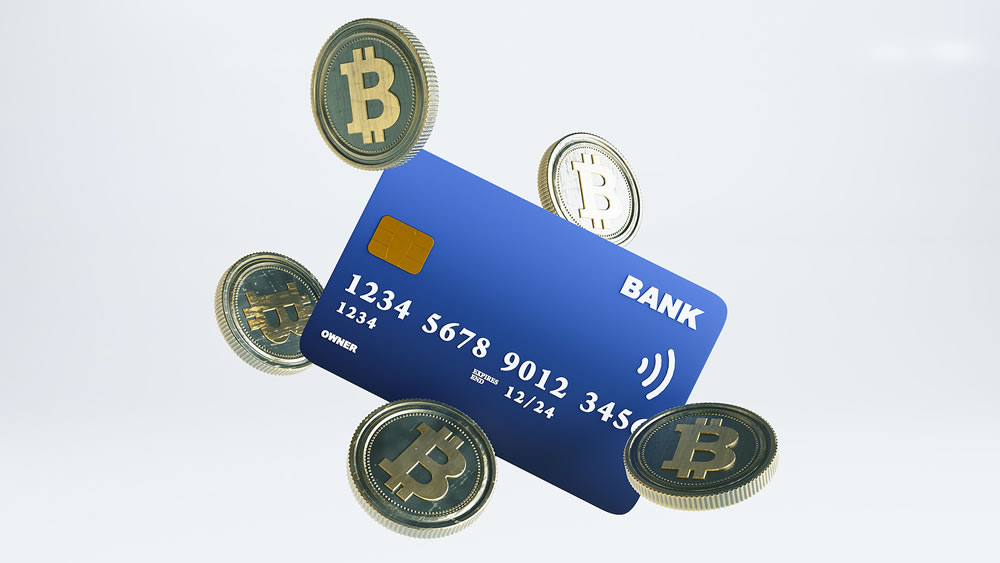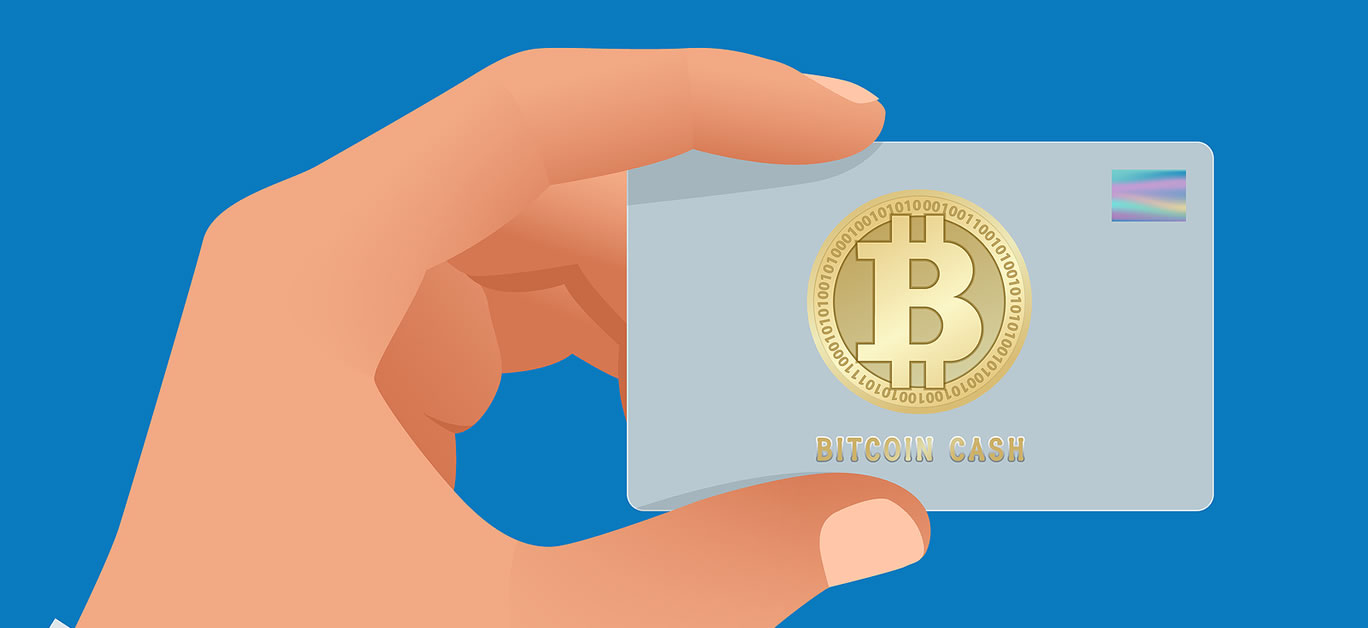The number of crypto users has grown exponentially over the years, with a report by Triple-a, a channel mainly focusing on cryptocurrency and blockchain, revealing that it has now surpassed 300 million. As a result, the use of cryptocurrency debit cards is also growing significantly, and as demand continues to surge, the types of cards, as well as the benefits they provide, are getting better and better.
For those with digital fortunes in Bitcoin, Ethereum and the like, these innovative new offerings are fast becoming must-haves that allow them to deposit funds, make payments, indulge in shopping sprees and conduct business with effortless ease, and with a growing number of options to pick from, you might just find yourself spoilt for choice.
If you’re unsure where to start when it comes to finding the best card to suit your needs and lifestyle, knowing what you want out of your card is the first step to success. Here are nine factors to consider when narrowing down your shortlist and eventually, making your final decision.
1. Currencies supported
Different crypto debit cards may support a variety of cryptocurrencies, such as Bitcoin, Litecoin, and Ethereum – but not all are created equal. When choosing your card, it’s wise to bear this in mind, and ensure that your preferred cryptocurrency is supported.
The ability of crypto debit cards to support multiple cryptocurrencies, as opposed to just one, makes them highly flexible, so if you have a diverse crypto portfolio, you will have many options to choose from when using your cryptocurrency for daily expenses.
There is currently no upper limit on the number of different cryptocurrencies cards can support, but individual cards may have their own. For example, the Club Swan card can only be used with nine different digital currencies, which include Bitcoin, Ethereum, and Ripple.
If you’re looking for additional versatility in your crypto debit card, some also support various fiat currencies, allowing you to convert your crypto to any local fiat currency of your choice, which can be handy in many ways.

2. Rewards
Most crypto debit cards offer a rewards system, but the nature of these varies from card to card. Nevertheless, cashback, in some form, is the most common reward system amongst crypto debit cards – whether this applies to all purchases, or only those that meet a specific set of criteria. When seeking out your perfect crypto debit card, look at the rates offered to ensure that you’re getting the very best available.
Staking is another intriguing reward system some providers choose to offer, and puts your cryptocurrency to work by distributing it to a blockchain network. If cryptocurrency volatility works in your favour, staking can be a lucrative way to earn rewards.
The staking rewards you earn are determined by the amount you stake and the length of time you stake. Some card issuers require you to stake a certain amount in order to obtain a crypto debit card in the first place.
Referral programmes are also popular, and work by rewarding you when you recommend a card or platform to friends and family. Club Swan is one of the providers that offers this, with reward commissions varying depending on how many people you successfully recommend, and whether or not they follow the necessary steps in order for you to qualify to receive a percentage of their joining fee. This particular platform will also upgrade your membership level if you successfully refer three people, opening you up to a host of additional benefits.
3. Fees
The fees charged by crypto card issuers vary greatly – however, there are some fees that you can expect to pay with almost all cryptocurrency card issuers, such as transaction fees when you make withdrawals. Some may also charge you to deposit funds, although this is relatively rare.
Some issuers may waive withdrawal fees, thus saving you money – so look out for providers that offer this when choosing your crypto debit card provider. Generally, this will only apply if you meet the required annual or monthly crypto expenditure threshold, but if you plan to use your card regularly then it could cut your costs considerably.
Some crypto debit cards also charge foreign exchange and maintenance fees. Fortunately, most issuers don’t tend to enforce the former, and the few that do do so in order to help reimburse processing companies, like Visa and MasterCard.
4. Staking requirements
As previously mentioned, staking is one of the most profitable ways for crypto debit card users to earn rewards. However, there are some prerequisites you must meet before you begin staking.
Cryptocurrency issuers that allow staking have a minimum staking amount, and the amount you decide to stake determines the type of crypto debit card you receive. The more you stake, the better the card and benefits you’ll be given in exchange. The staking period may differ from one card to the next.

5. Availability
Despite the widespread adoption of crypto debit cards worldwide, there are still some issues with crypto debit card availability in some regions, with some cards restricted to specific areas.
Similarly, some cards may only be shipped to specific countries, which means that obtaining a card that you believe is appropriate for your lifestyle can be challenging in some instances.
Nevertheless, once you’ve got your hands on a crypto debit card, you can use it almost anywhere, thanks to international processing companies such as Visa and MasterCard. Both of these can be used to make purchases worldwide, either online or in-store, and you can also easily withdraw money from ATMs all over the world. Just be sure to limit your search to cards available in your area before making your final choice to avoid disappointment.
6. Security
Security is one of the most important factors to consider when selecting a crypto debit card, and should be robust enough to address the current and ever-growing issue of crypto scams.
According to a 2021 report by CNBC, a financial market coverage channel, the number of crypto scams over the year resulted in a loss of more than $14 billion in cryptocurrency. As a result, both card issuing companies and users should pay extra care and attention to the issue of security. Most card issuers have already developed solutions to help protect your cryptocurrency when using your card, with the majority of these measures available via a provider’s app to allow users to remotely control their card’s security features and complete actions like freezing your card, reporting it lost or stolen, or changing your PIN number.
The leading cryptocurrency debit card companies have developed other top-tier security measures in addition to remote security. Biometrics, two-factor authentication, and passcodes are among them. But don’t assume this is the case for your card provider of choice – be sure to check the details thoroughly before deciding whether to go ahead and join.

7. Availability of virtual cards
Some crypto card companies will also provide you with a virtual card in addition to a physical card, which can be used on Apple Pay via your smartphone, anywhere, anytime.
The benefits of virtual cards are incredible. They provide a flawless and seamless online transaction experience, as well as aiding in the reduction of payment card fraud so if you do the majority of your business online, then they can prove highly beneficial. Not only that, but they eliminate the need to carry around a wallet full of physical cards, and the worry of losing them or having them stolen – so opt for a provider that will issue a virtual card for ease of use and maximum peace of mind.
8. Ability to support additional payment methods
On that note, be sure to look out for a cryptocurrency card issuer that accepts additional payment methods, including E-wallets, credit, debit, and bank transfers. Apple Pay, Samsung Pay, Google Pay, Banxa, and Simplex are some of the most commonly supported e-wallets, so if you’re looking for an all-around card, then bear this in mind, and be sure to check the details before you sign up to avoid any disappointment later down the line.
9. Other perks
Aside from rewards and fee waivers, some crypto card issuers go out of their way to provide card users with an amazing experience while using their cards. Users of the Club Swan card, for example, are offered an exclusive members’ concierge service, which includes perks like travel and lodging discounts.
Other cards may offer free subscriptions to streaming services such as Netflix, Spotify, and Amazon Prime, as well as giving you access to private jet partnerships – so decide which of these offers is most important to you to help make your final decision easier.
Disclaimer: Investing money carries risk, do so at your own risk and we advise people to never invest more money than they can afford to lose and to seek professional advice before doing so.






















